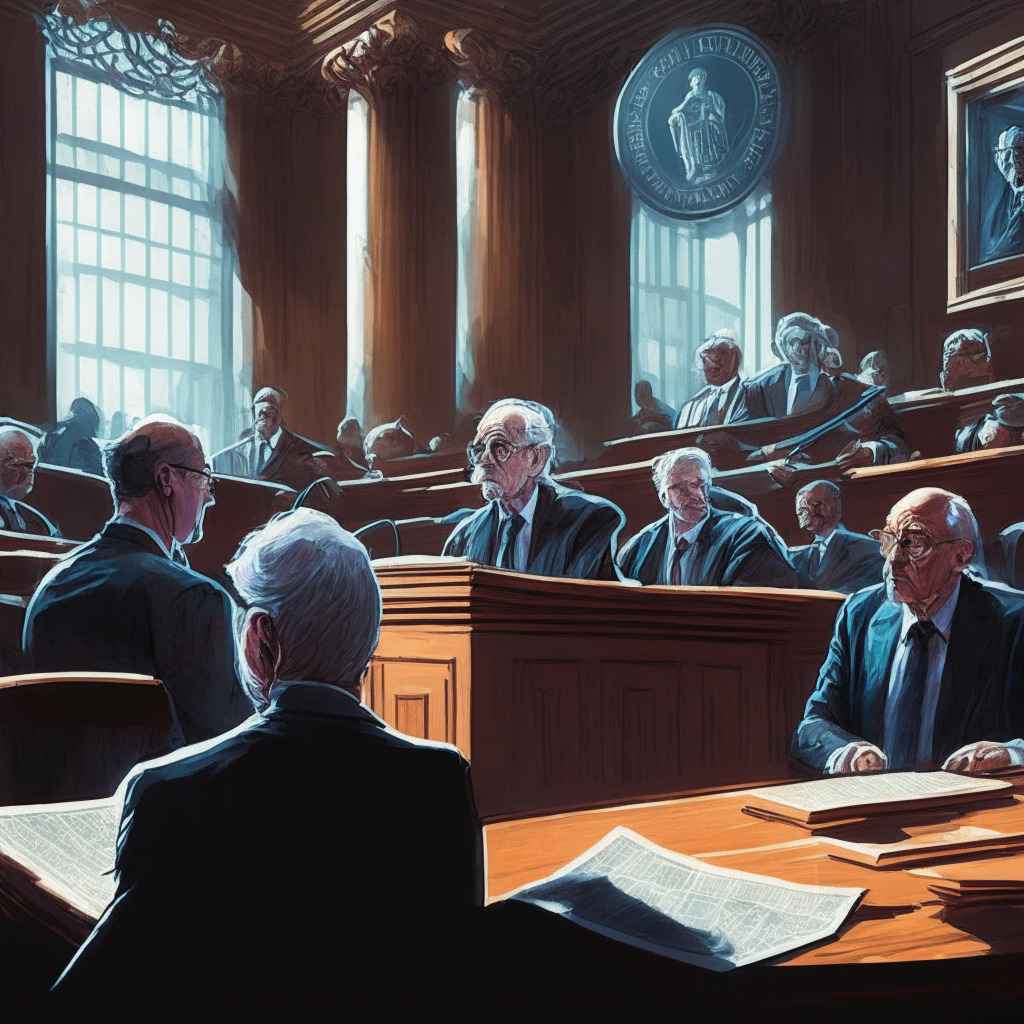The ongoing debate regarding the United States Securities and Exchange Commission (SEC) and its classification of cryptocurrency tokens like XRP has captured the attention of the crypto world. Pro-XRP lawyer and CryptoLaw founder John Deaton recently argued on Twitter that the SEC cannot justify secondary XRP sales as securities, further fueling this conversation.
In response to a post by Marc Fagel, Deaton presented a hypothetical scenario where XRP serves as a form of payment from Ripple down to four other entities. He mentioned that secondary XRP sales would not qualify as securities, citing the 2nd Circuit’s statement that securities law does not apply when a purchaser is motivated by a desire to use or consume the item purchased. This suggests that Deaton believes the existing case law strongly favors applying the Howey Test at each subsequent sale.
Interestingly, Deaton has also questioned SEC Chair Gary Gensler over his approach towards crypto with the Howey Test. He claims that Gensler’s alternate thoughts on classifying and regulating cryptocurrencies have strayed from the court’s 1946 definition of securities as outlined in the Howey Test. Clearly, this raises skepticism around the current regulatory environment.
According to the Howey Test, a transaction is a security if it is an investment of money in a common enterprise, with a reasonable expectation of profit derived from the efforts of others. However, Deaton suggests that it isn’t logical for the four other entities who received the XRP tokens to be in a common enterprise with Ripple Labs.
As the controversial Ripple vs SEC case revolving around the sales of XRP as unregistered securities hopefully reaches its conclusion in the coming months, many eyes will be on the outcome. Ripple is optimistic that by the end of the year, their case will have a positive conclusion. Ripple CEO Brad Garlinghouse even believes a verdict could come as early as the first half of the year.
The recent release of the Hinman speech, after much resistance from the regulator, seems to have been a turning point in this ongoing case. Ultimately, it will be interesting to see how the case unfolds and how it might affect future regulatory decisions for the crypto industry.
Wherever the final verdict falls, it’s essential for cryptocurrency enthusiasts and investors to keep a watchful eye on these developments, as the outcome could significantly impact the future of digital assets.
Source: Coingape




